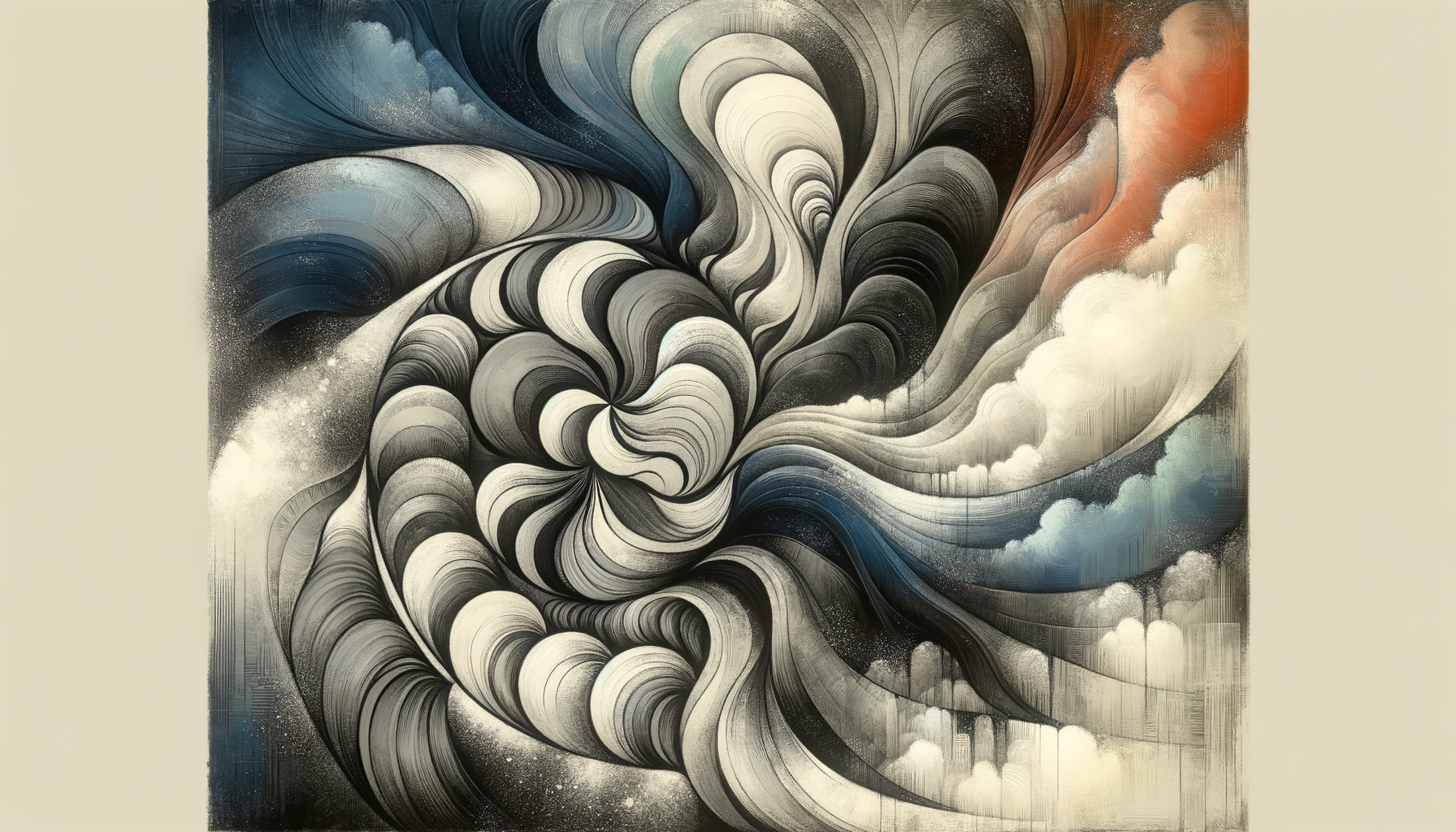Some Scars Are Worth Showing Off
The first scar I ever earned was courtesy of a game of tag on a chipped sidewalk in Little Havana. I was eight. I fell, my knee took the brunt of it, and my abuelo—who swore by home remedies—doused it in a mix of sugar and coffee grounds. (Google tells me this isn’t as insane as it sounds, but people with degrees in medicine might disagree.) That scrape eventually healed, but it left behind a permanent story—a thin, pale line across my brown skin, a tiny reminder of all the summer nights I spent playing outside longer than I probably should’ve.
Literal or metaphorical, scars have a way of telling stories we didn’t know we had in us. In romance and relationships, these markings—whether physical, emotional, or both—can be badges of growth, resilience, and sometimes proof we survived something that felt impossible at the time. Today, let’s dig into why our scars, instead of being hidden away like some embarrassing high school haircut, deserve to be shared.
Scars Are Proof You Lived—and Loved
We’ve all seen rom-coms where everyone emerges from heartbreak like a phoenix in designer sunglasses, flawless hair whipping in the wind. But in real life? Heartbreak looks more like drying your tears with a slice of pizza while rewatching When Harry Met Sally for the third time in a week. Real life leaves marks.
Maybe it’s the sting of a breakup that forced you to finally confront that you ignored your own needs for too long. Or maybe it’s the awkward scar on your shin from the time you tried indoor rock climbing to impress someone you barely liked. These moments are part of what shaped you.
Take my own battle scar from my first real heartbreak. He was intelligent and charming and knew how to fry a plantain like a pro—what could go wrong, right? (Spoiler alert: everything.) I spent months clinging to something that wasn’t working because I was afraid to admit it wasn’t supposed to work. But when the breakup dust settled, I had clearer boundaries and a newfound appreciation for people who don’t flinch at emotional intimacy. I emerged—slightly bruised, but wiser.
Scars Don’t Have to Be Cute, Just Meaningful
Social media tells us everything needs to be aesthetic. Your vacation photos. Your plate of tostones. Even your emotional baggage, which people now call “healing journeys” but wrap in a bow of pastel gradients and positive affirmations. But let me tell you something: scars don’t have to look or sound good to be valuable.
Think of scar stories as conversation starters—ways to reflect on where you’ve been without romanticizing the mess. Like, do I love that one of my cousins still brings up the time I sobbed through my cousin’s quinceañera because of a painful breakup? No. But does it remind me that the people who value me don’t need me to be “perfect” to be lovable? Yes.
Here’s the thing: scars might not make for an Instagram-worthy carousel post, but they’re incredibly attractive to the people who’ll truly get you. Vulnerability builds connection, and people are drawn to those who are honest about the ups and downs they’ve faced.
Pro tip? The next time someone asks about a literal scar, lean in. “Oh, this one’s a story,” you could say, and watch how fast they become invested. Trust me—telling someone about the time I slipped on wet floor tiles at the worst nightclub in Miami gets people laughing every time.
How to Share Your Scars Without Oversharing
Of course, there’s an art to showing off your battle wounds—especially in relationships. It’s a delicate dance. Here’s how to own your scars without turning your Saturday date night into a therapy session:
-
Start Light: Not every scar story has to delve into your darkest hour. Bring up the funny, self-deprecating ones first. (Remember: I slipped on wet floors. And yes, I still tried to twerk after.)
-
Keep It Balanced: There’s a time and place for deep vulnerability, but make sure you’re not putting someone in the position of being your personal support hotline—at least not on the first date. Let the conversation be a give-and-take.
-
Focus on the Lesson: Scar stories shouldn’t glorify pain—they should highlight what you’ve learned. It’s less about “this happened to me” and more about “this is who I became because of it.”
Why Scars Are Sexy (Yes, Really)
You know that iconic scene in Jaws? Three guys sitting around, comparing scars, one-upping each other with tales of battles against sharks and whatnot. And maybe it’s just me, but I always thought: this is peak relationship-building. Maybe you’re not battling Great Whites (I sure hope not), but that same energy applies to romance.
Scars—especially the emotional ones—can be wildly attractive because they signal depth and courage. They show you’ve been through stuff and came out tough enough to talk about it. And when someone reciprocates with their own scars? That’s connection on another level.
I still remember a moment early in my current relationship when I finally shared a fear I rarely spoke about: my anxiety around losing the family culture I grew up with as I embraced my independence. Without missing a beat, my partner opened up about his struggles growing up in-between cultures, too. That moment? Chef’s kiss.
Your Scars Are Strength, Not Flaws
If there’s anything I’ve learned from my own collection of scars, it’s that they’re a part of you, but they don’t define you. Think of them as punctuation marks in the story of your life. Sure, some are tidy like commas, while others are exclamation points forged in chaos (looking at you, heartbreak circa 2012). But they all belong on the page.
So the next time you look at your arms or heart and sigh at the reminders they carry, consider this: They’re proof of your resilience. They’re the evidence that life tried to knock you down—and you stood back up anyway (maybe with a cafecito in hand because let’s be real, no Cuban kid tackles anything without one).
Want to take things a step further? Start seeing scars for what they are: conversation pieces. Growth reminders. Ways to connect. Instead of saying, “Aw no, don’t look,” the next time someone asks about one, say, “You know what? This scar deserves its own story—and if you play your cards right, I might just tell it to you.”
Wear them proudly, because they’ve made you who you are—the good, the complicated, and everything in between. And let’s be honest: a little “complicated” is always more interesting anyway.




















